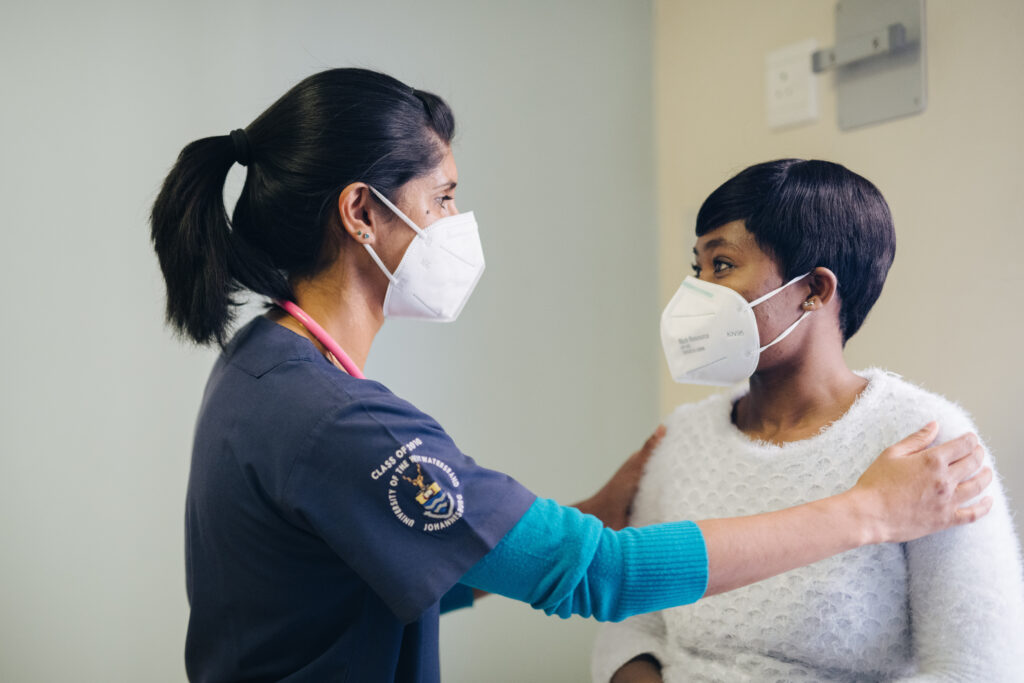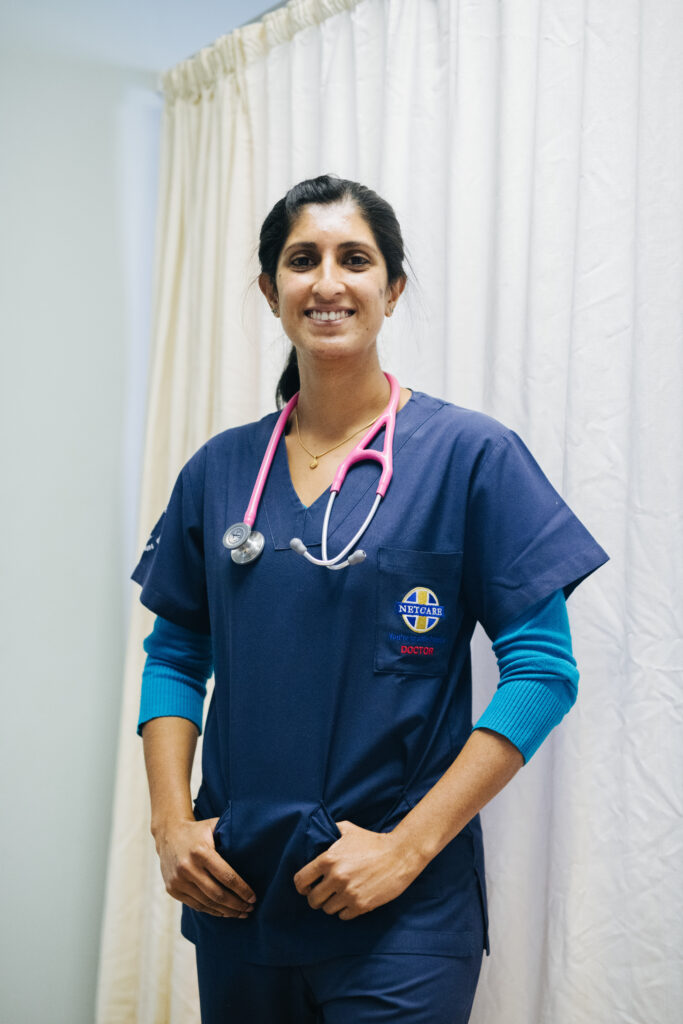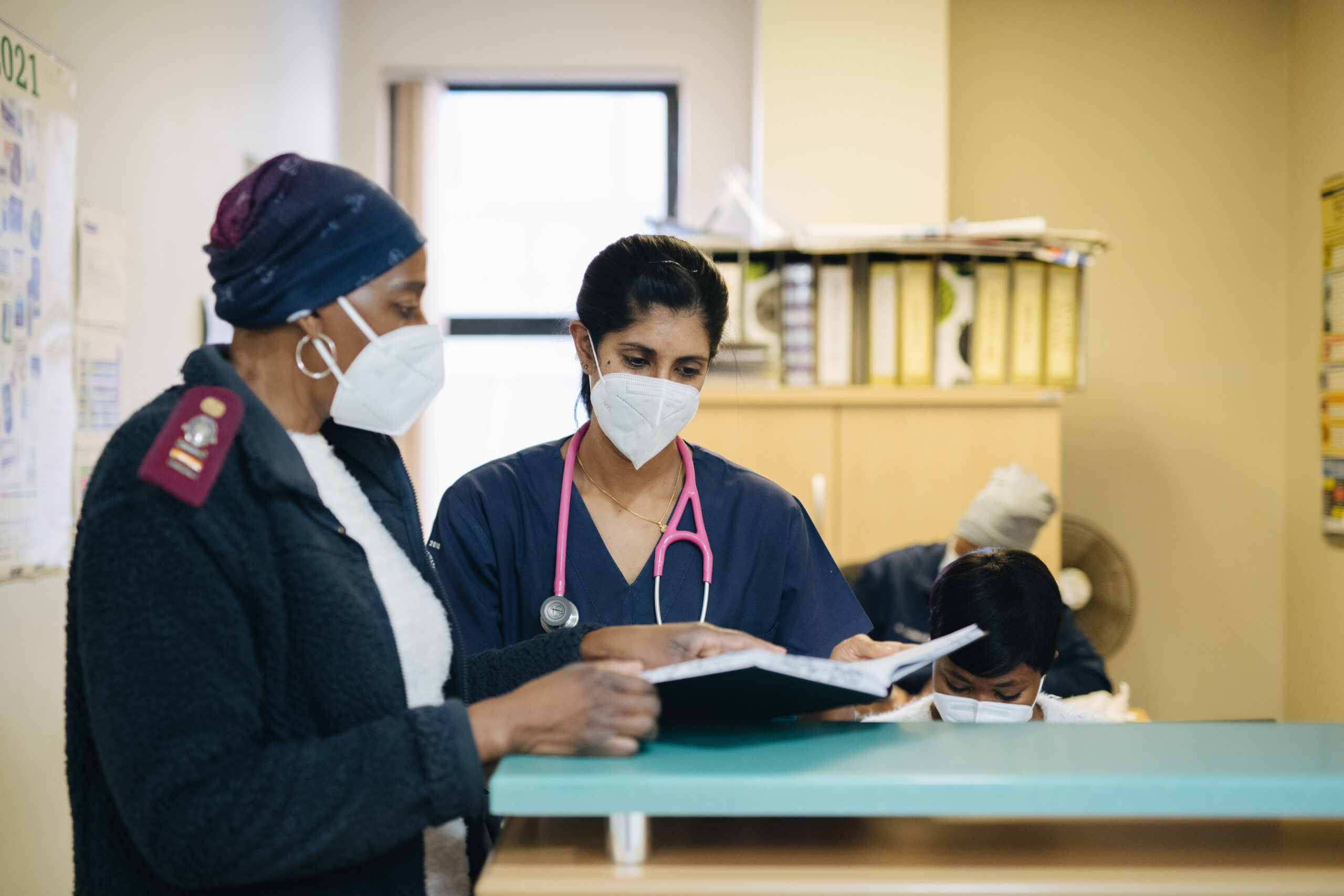The 2020/1 recipient of the prestigious Discovery Foundation MGH Award, Sumy Thomas, 34, is halfway through a year-long medical residency at Massachusetts General Hospital (MGH) in Boston.
SPONSORED CONTENT
Since moving to Boston, Dr Sumy Thomas had to adjust to a new culture, where people are ”contained and polite”. She says: “It is such a contrast to back home, where people I know are colourful and loud, always greeting each other happily.”
The weather has also been an adventure, with the coldest day she experienced recently being -16 °C. “I’ve got the public transport system, which is superb, but I guess the real adaptation is the winter. Life goes on regardless, with ice and snow everywhere. I sometimes wear spikes under my shoes to avoid slipping on icy sidewalks,” she laughs.
But her academic learning is on track, as her research is well on its way to helping thousands of people at risk of health conditions caused by HIV infection and antiretroviral (ARV) treatment.
Thomas is working long hours under the mentorship of two of the world’s top endocrinologists (specialists in treating health conditions relating to problems with the body’s hormones): Professor Steven Grinspoon, chief of the metabolism unit and Dr Suman Srinivasa, another leading endocrinologist.
She says their generosity of spirit and time have her “pinching herself” at times. “It’s amazing working with them,” says Dr Thomas. “Although they’re world leaders in their field, they’re so down to earth and approachable. They keep me on my toes and there are lots of projects on the go. It’s just outstanding to be involved in this research and they’re there every step of the way to help me grow academically and clinically,” she enthuses.
Bringing the learning home
Dr Thomas’s intention is to adapt current research on hormones derived from the kidney and adrenal gland that affect the heart, in the South African context, and to reduce what has become an unexpected burden of disease following HIV infection and ARV treatment.
“In South Africa our first hurdle was treating the HIV epidemic by getting control of the virus and associated opportunistic infections. These infections are more common, and serious, for people with a weakened immune system. To some extent, we’ve achieved this with highly active antiretroviral therapy. But there are still barriers to universal access to healthcare.”

She adds: “Now, we know that people who have the virus completely suppressed are still at risk of cardiometabolic diseases and conditions. This is because the virus can make changes to the body, like inflammation and hormonal imbalances, all of which lead to increases in heart attacks, strokes and a fatty liver, for example.”
She said a recent study showed that up to 50% of people who have HIV but no symptoms may have minor changes to their heart rate. For Dr Thomas, this is a frightening symptom. “More research is urgently needed to measure the impact and show the growing tragedy of these HIV-related conditions. This is why my research is in the area of preventive medicine. There have also been wonderful studies on individualising the ARV treatment for patients,” she adds.
Parents sowed seeds of service early
Dr Thomas says her inspiration comes from her parents, both teachers who made a notable difference in the Ntabankulu and Mount Ayliff regions of the Eastern Cape and nearby Kokstad. Her father, Tomy, and her mother, Mercy, both taught at rural schools in the Eastern Cape and KwaZulu-Natal.

Dr Thomas says the parenting she and her siblings received in their early years was profoundly influential. “As a preschooler, I’d often visit my parents at their rural schools where many kids didn’t even have a meal for the day. They were very compassionate. My dad was always thinking of innovative extra-curricular activities and my mum was always giving tuition. They’d start drives to get meals to schools and helped matric pupils get into tertiary studies,” she recalls.
Her parents taught in South Africa for 34 years, before moving to San Diego in 2018 to live with her sister, Sany, a general surgeon doing her fellowship in bariatric practice and her family. “We are both in the metabolic world – her focus is on surgery, and mine on medicine.”
Dr Thomas is making the most of being on the same continent as her family, flying to San Diego to visit every month.
The road to Boston
Dr Thomas went to Pietermaritzburg Girls’ High School and Wits Medical School. It was during her internship at the Pietermaritzburg Hospital Complex where she first encountered internal medicine. During her community-service posting at Ngwelezana Tertiary Hospital in northern KwaZulu-Natal, she became interested in emergency medicine.
She says Frederick Raal, Head of Endocrinology at the Charlotte Maxeke Johannesburg Academic Hospital, opened her eyes to the HIV-endocrinology knowledge gap and encouraged her to apply to Discovery for the MGH Fellowship as an internal medicine registrar.
She returns home in September this year to complete two more years of her endocrinology fellowship at Chris Hani Baragwanath Hospital. She wants to end up “in a wonderful team with people with a similar vision, doing clinical work, teaching and researching”.
Her ambition is to improve the lives of patients with HIV by addressing endocrinological problems and impacting the work of global public health.
Looking back at the string of gifted mentors she says, “This is something that comes from inside of you, a calling, a reason for existence. You realise this is something you need to do – and pass forward.”
The Discovery Foundation is an independent trust tasked with the objective of investing in human resources in South Africa’s public health sector.

